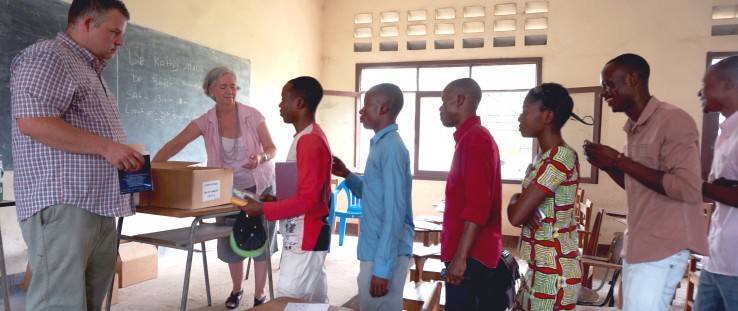 English club members line up to elect new leadership at a teacher resource center in the Democratic Republic of Congo.
Photo courtesy of Bryce Smedley
English club members line up to elect new leadership at a teacher resource center in the Democratic Republic of Congo.
Photo courtesy of Bryce Smedley
 English club members line up to elect new leadership at a teacher resource center in the Democratic Republic of Congo.
Photo courtesy of Bryce Smedley
English club members line up to elect new leadership at a teacher resource center in the Democratic Republic of Congo.
Photo courtesy of Bryce Smedley
Samson Mwanze Matumo and his family spent years in a refugee camp in the conflict-affected east of the Democratic Republic of Congo (DRC). In 2012, Samson’s father sent his son clear across the country to the capital Kinshasa to learn English, hoping to improve the 21-year-old’s chances of employment and upward mobility.
“English teachers in my village can barely speak the language,” Samson, now 25, told me. “They have no books, no support and no place to improve their skills. It’s like this throughout Congo.”
I first met Samson when he invited me to speak to a group of English-language learners in Kinshasa looking to practice their skills. Samson was president of the “English club” at the Congo-American Language Institute (CALI), a language school established by USAID in 1962 and now managed by the U.S. Embassy’s public affairs section.
As I walked into CALI’s low, concrete building on a wide Kinshasa avenue, I did not know then that my plans to lead a discussion on democracy and governance in Africa with Samson’s English club would spark a creative partnership between Samson and me over the next two years, linking USAID and State Department resources and putting our ambitious goals within reach.
The U.S. Government contributes significantly to improving education opportunities in the DRC, whether by supporting basic education through USAID, adult English-learning through CALI, or higher-education scholarships through the State Department’s exchange programs and EducationUSA.
I was in the DRC as a senior English language fellow funded by the State Department in partnership with Georgetown University. My mandate was to spread English programming throughout the country while identifying potential partners who could help make a long-lasting positive impact. That is a tall order in the DRC, a country as big as Western Europe that lacks even basic infrastructure. Travel to many areas requires helicopters, planes and boats.
But that day, in CALI’s urban campus in the center of Kinshasa’s upscale Gombe neighborhood, over 60 Congolese youth were packed into a tiny classroom. Every seat was full, with several seats shared by multiple individuals. Many students stood along the walls.
The moment I started our discussion on democracy and its importance in Africa, the students beamed with interest and excitement. The classroom erupted in lively debate about how learning English could help youth become better informed about democracy and good governance. I realized then that English clubs like this one could empower and engage Congolese youth by helping them discuss and solve community problems while practicing their English skills.
A former Belgian colony, the DRC has never seen a peaceful and democratic transfer of power between governments since its independence in 1960.
Even today, for many Congolese, publicly criticizing the current state of affairs can be risky. In such a context, access to safe spaces for civil debate on solutions to community problems becomes even more important.
My search for collaborators to bring English clubs to young Congolese around the country brought me to the education office at USAID. I learned that, as part of a six-year education program now in its last year, USAID was constructing 10 teacher resource centers in different provinces of the DRC. These were designed with a conference room, library and offices, intended to become self-sustaining spaces where teachers could gather, hold workshops and take advantage of professional development opportunities.
As I traveled around the country with Samson, I found the brightly painted facilities were successfully engaging local teachers but facing gaps in equipment and community engagement.
I began asking almost every teacher and student I met, “What topics are young people interested in discussing?”
Everyone was bored with studying grammar, I was told.
“We don’t ask our students to think or talk about important issues,” a teacher told me. “We require they memorize information. How do we expect them to understand democracy, for example, if we never discuss it with them?”
Over the next two years, with the help of USAID’s partners, Samson and I worked with teachers, students and local officials to establish a network of 199 English-learning clubs anchored by USAID-funded teacher resource centers around the country, turning them into lively hubs for community learning and debate on issues like culture, gender, human rights and technology.
As the centers began coordinating with secondary schools, each began an English club for local teachers who wanted to improve their language skills. Groups began popping up around the country. Each center became a place where anyone interested in learning English—doctors, nurses, activists, grandparents, single women, former child soldiers and victims of conflict—came together to practice their speaking skills while discussing issues important to their communities.
The clubs created rules outlining how to respect diversity and maintain a safe environment where people could discuss critical issues without feeling threatened.
I even applied for and received a grant from the State Department to supply the centers with equipment beyond the computers and materials already provided by USAID—welcome additions like TVs, DVD and CD players, projectors, solar panels and batteries, and hundreds of English-language teaching books. The solar panels allowed centers in remote areas with poor electrification to stay open after dark.
Before long, many clubs were attracting over 100 learners at each meeting. Membership was free to anyone interested in practicing his or her language skills. At the end of two years, Samson and I had established 55 English clubs in Kinshasa and 144 clubs in the rest of the DRC.
Observing Congolese discuss human rights, conflict resolution, gender equality, tribalism and how to combat illiteracy, and being permitted to participate in the dialogue as well, are moments I will carry with me throughout my professional career.
One English club was able to raise money to provide books to a village school plagued by violence. Another club in eastern Congo was women-only and used the teacher resource center in the afternoons. Many of its members had lost their husbands to conflict and were learning English so they could more effectively trade goods in neighboring Rwanda and Uganda.
But my most powerful memory is of showing club members how to conduct fair and transparent elections for club leadership positions. For many Congolese, this was their first experience running for, or even participating in, an election.
“If teachers don’t show people how to participate in the electoral process before a big national election, then we are doing a disservice,” Samson always said.
Best of all, our model of collaboration between USAID and State can be replicated just about anywhere in the world. Partners can be found among English language fellows, Peace Corps volunteers and Fulbright English teaching assistants who are looking for opportunities to collaborate. Our experience in the DRC shows that pooling U.S. resources can maximize our impact overseas.
Kaukab Jhumra Smith of USAID’s mission in the DRC contributed to this essay.








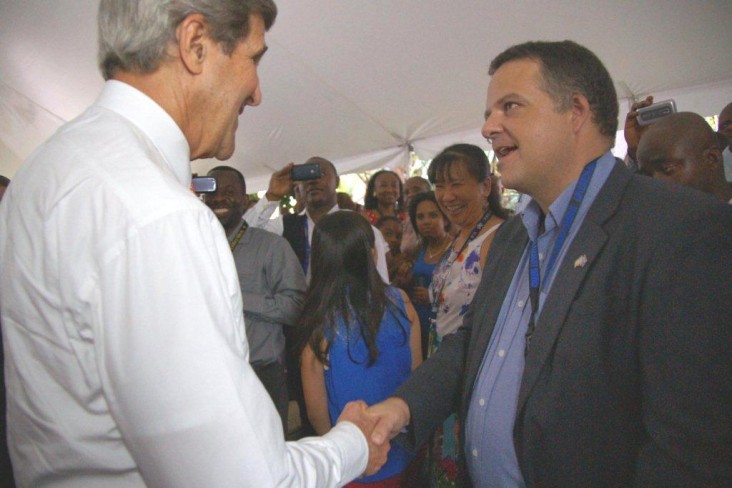
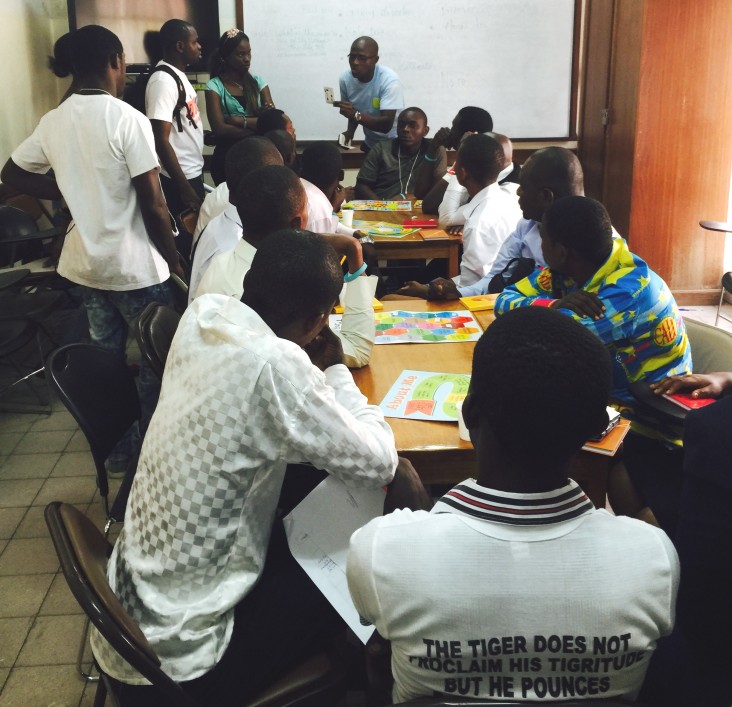
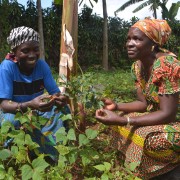
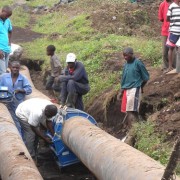
Comment
Make a general inquiry or suggest an improvement.